The forbearance guidelines for government-backed loans established as part of the CARES Act do not include a provision for claim filing. Upon forbearance expiration the borrower should be evaluated for a loss mitigation option to cure the default. Currently, FHA is the only agency that has provided a claim alternative beyond the standard available options, namely the Standalone Partial claim.
Below is a summary of the latest available information on how the agencies are handling forbearance-related claim filing.
FHA:
- The COVID-19 Standalone Partial claim is the new option. If the borrower doesn’t qualify for that, the standard loss mitigation options should be pursued.
- Claims will be filed for the Standalone partial claim, or other standard loss mitigation options that may be approved including disposition options. (HAMP Modification, HAMP Partial Claim, Pre-foreclosure/Short Sale, Deed in Lieu)
FHLMC and FNMA:
- After the forbearance, review the borrower for loss mitigation options provided in the servicing guides
- Claims will be filed for the completed loss mitigation options, including modifications and disposition options
VA:
- After the forbearance, servicers should consider all loss mitigation options described by Chapter 5 of VA Servicer Handbook M26-4
- Modifications do not require claims, the VA automatically reimburses the incentive based on reporting in VALERI
- Claims will be filed after disposition loss mitigation options
USDA:
- Upon completion of the forbearance, determine if the borrower is able to resume making payments. If so, offer a written re-payment plan or extend the loan term for a period that is at least the length of the forbearance.
- If unable to resume payments, evaluate for available options in the loss mitigation guide
- Claims will be filed for MRA/Mortgage Recovery Advance (similar to partial claim) and disposition options
CRFS will continue to provide updates and information as we learn them. Please contact us at 585.589.0800 or sales@crfservices.com if you have any questions or would like to learn how CRFS can support your default services operations.
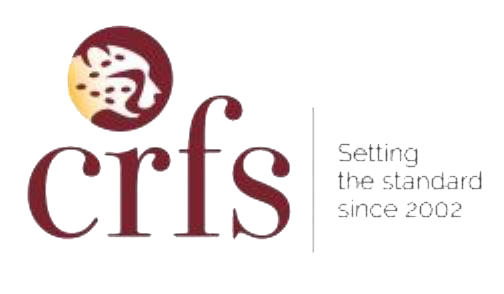
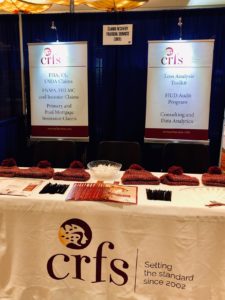 networking with our clients and partners,
networking with our clients and partners, and participating in industry panels.
and participating in industry panels.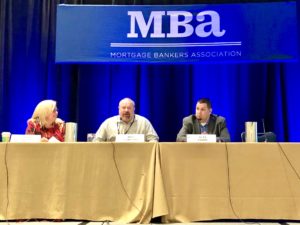 We left with a slew of takeaways that we’ll be working on over the coming days and weeks including proposed changes to FHA’s CWCOT program and possible updates to how the FHA determines reimbursement eligibility for certain P&P expenses. Stay tuned for follow-up information on these and other critical topics for mortgage servicers and investors, and don’t hesitate to contact us directly for assistance.
We left with a slew of takeaways that we’ll be working on over the coming days and weeks including proposed changes to FHA’s CWCOT program and possible updates to how the FHA determines reimbursement eligibility for certain P&P expenses. Stay tuned for follow-up information on these and other critical topics for mortgage servicers and investors, and don’t hesitate to contact us directly for assistance.

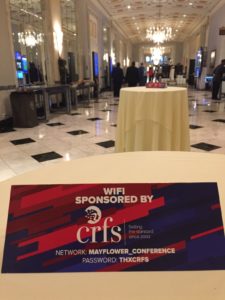
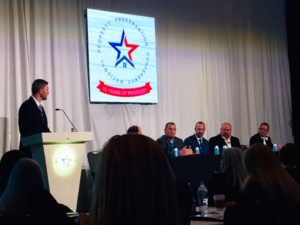 We’ll be active again in 2020 so look for us at the upcoming trade shows and industry conferences.
We’ll be active again in 2020 so look for us at the upcoming trade shows and industry conferences.